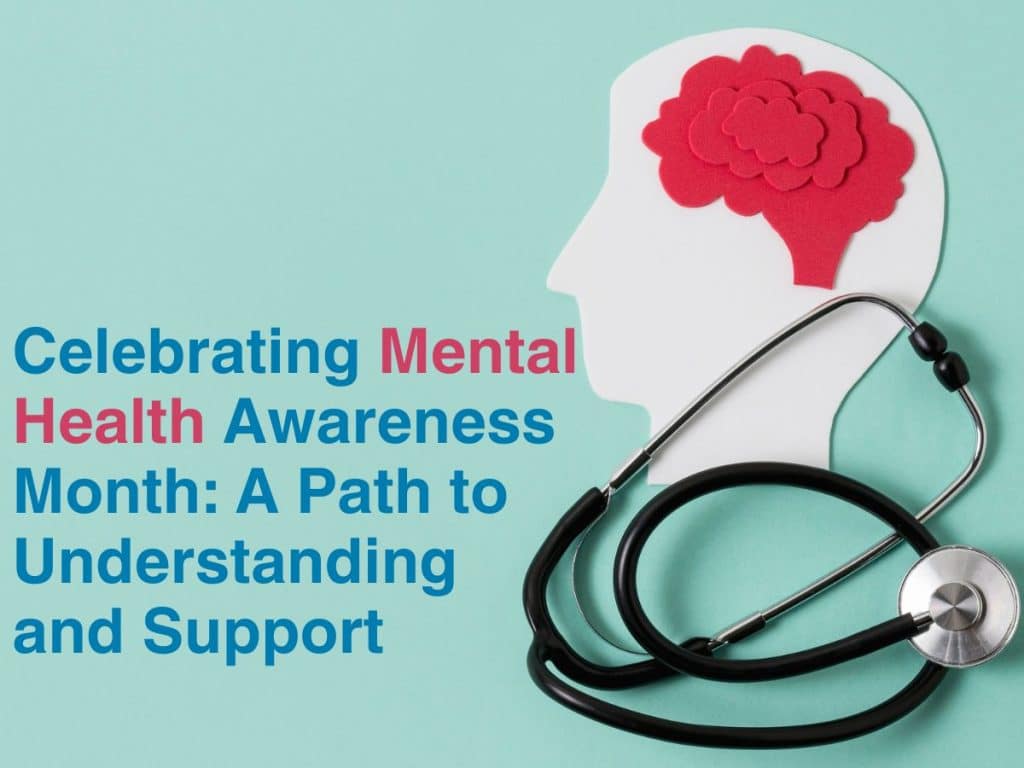Why Inpatient Mental Health Services Are Essential for Recovery
Why Inpatient Mental Health Services Are Essential for Recovery
Blog Article
Comprehensive Inpatient Mental Wellness Solutions for Effective Therapy
Inpatient mental wellness solutions represent an important part of the healthcare system, giving a extensive and structured environment for people experiencing severe mental distress. These services employ a multidisciplinary technique, integrating different evidence-based therapies to attend to the intricate needs of clients. Nonetheless, the efficiency of such thorough care expands beyond immediate stabilization; it additionally encompasses the shift to outpatient support, a critical phase typically ignored. Discovering the subtleties of this continuum reveals substantial effects for both specific recovery and wider mental health outcomes. What factors genuinely affect this change, and just how can we enhance its effectiveness?
Comprehending Inpatient Mental Health And Wellness Solutions
Inpatient psychological wellness solutions provide crucial assistance for individuals experiencing severe mental distress that can not be managed efficiently in an outpatient setup. These services are designed to provide an extensive level of care in a structured atmosphere, typically within a medical facility or specialized center. Individuals admitted to inpatient programs normally display intense signs, such as suicidal ideation, severe clinical depression, or psychosis, necessitating round-the-clock surveillance and treatment.
The admission procedure typically includes a thorough assessment by mental wellness professionals, who examine the person's frame of mind, background, and prompt needs. As soon as admitted, patients engage in a variety of therapeutic techniques customized to their details needs, consisting of medicine management, specific therapy, and group sessions. This all natural approach intends to support the client's problem, advertise safety and security, and foster coping skills.
Inpatient mental health and wellness services not just address immediate health and wellness concerns but additionally act as a bridge to continuous care. By offering a regulated environment, these solutions assist in the development of treatment plans that can be proceeded in outpatient setups, therefore guaranteeing a continuum of treatment and improving long-term end results for people with complex psychological wellness demands.
Secret Parts of Effective Therapy
Efficient therapy in inpatient psychological health and wellness services consists of several key parts that promote recuperation and stablizing. An extensive evaluation is important to determine the individual's details needs and challenges. This analysis educates the advancement of a customized therapy strategy, which functions as a roadmap for treatment.
Another vital element is the multidisciplinary team method. Partnership amongst psychiatrists, psycho therapists, registered nurses, and social employees makes sure that numerous perspectives add to the patient's treatment, improving the effectiveness of treatment. Evidence-based therapeutic methods, such as cognitive-behavioral treatment (CBT) and dialectical behavior modification (DBT), are also essential, giving structured methods that resolve maladaptive thought patterns and behavior issues.

Last but not least, a focus on aftercare preparation is critical to make certain a smooth change to outpatient solutions, minimizing the danger of regression and promoting long-lasting wellness. These collective parts develop an efficient therapy framework within inpatient mental wellness services.
Benefits of Comprehensive Treatment

Comprehensive treatment in inpatient mental health services uses many benefits that substantially enhance individual outcomes. One of the key advantages is the alternative strategy to treatment, addressing not just the mental symptoms however also the physical, social, and psychological needs of individuals. This thorough assessment allows for tailored treatments that advertise general well-being.
One more advantage is the integration of multidisciplinary teams, which promotes collaboration among health care experts. This collective setting ensures that patients get worked with care, reducing the danger of fragmented treatment and boosting communication among caregivers. Detailed care assists in connection of services, permitting for smooth shifts from inpatient to outpatient setups, which is important for long-term recuperation.

Last but not least, the structured setting of detailed inpatient care provides a secure room for individuals to engage in therapeutic tasks, aiding them establish coping approaches and durability. Collectively, these advantages add to more effective treatment and enhanced lifestyle for individuals experiencing mental health and wellness situations.
Evidence-Based Restorative Strategies
In the world of psychological health treatment, evidence-based restorative strategies play a vital function in making sure that clients receive effective and click here now scientifically supported interventions. These methods incorporate the most effective available research with scientific expertise and client values, promoting a tailored therapy experience that resolves specific demands.
Cognitive Behavior Modification (CBT) is one of the most extensively acknowledged evidence-based techniques, concentrating on identifying and changing adverse idea patterns and behaviors. This organized technique has shown efficiency in dealing with conditions such as depression, ptsd, and anxiety. Dialectical Habits Therapy (DBT) is specifically effective for individuals with borderline personality condition, stressing the advancement of psychological policy and social efficiency skills.
In addition, medication management is commonly an integral part of evidence-based therapy, as psychotropic medicines can reduce signs and improve overall functioning. Joint care designs, which involve multidisciplinary groups, additionally boost the effectiveness of inpatient services by making certain thorough assessments and continuous surveillance.
Ultimately, the assimilation of evidence-based restorative strategies not just promotes positive medical end results yet also encourages clients, fostering a sense of agency and durability in their psychological health and wellness trips.
Transitioning to Outpatient Support
The change from inpatient mental wellness services to outpatient support marks a critical phase in a patient's recuperation journey. This period calls for mindful planning and coordination to make certain connection of care and to mitigate the threats of relapse or dilemma. Efficient discharge preparation need to start early in the inpatient stay, entailing a multidisciplinary group that consists of psychoanalysts, psycho therapists, nurses, and social employees.
Crucial element of a successful change include the growth of a comprehensive aftercare strategy customized to the person's particular needs. This plan must outline follow-up appointments, medicine monitoring, and restorative treatments, along with identify community sources and support system that can promote recurring healing.
Additionally, person and family members education is essential during this stage. Comprehending the indicators of potential setbacks and the relevance of adhering to treatment can encourage clients and their support systems.
Routine follow-up and reassessment of the outpatient strategy are important to deal with progressing challenges. By promoting a joint relationship in between inpatient and outpatient service providers, the likelihood of sustained recovery increases, eventually enhancing the individual's lifestyle and this contact form decreasing the danger of readmission.

Verdict
In summary, thorough inpatient mental health services offer an important framework for addressing serious emotional distress through a multidisciplinary approach. By integrating evidence-based therapies, fostering a structured setting, and promoting household involvement, these services improve therapy effectiveness. The focus on security and the advancement of coping skills not just help in instant recovery however additionally facilitates a smoother change to outpatient care. Inevitably, such comprehensive treatment is essential for lasting psychological health and health.
The admission procedure typically entails a thorough analysis by psychological wellness professionals, that examine the person's mental state, history, and immediate requirements.Reliable therapy in inpatient mental health services makes up several essential elements that cultivate recuperation and stabilization.Extensive treatment in inpatient mental health services offers countless advantages that substantially enhance person end results.The transition from inpatient mental health solutions to outpatient assistance Check This Out notes a vital phase in a patient's recovery trip.In recap, comprehensive inpatient mental health and wellness services supply an essential structure for addressing severe emotional distress via a multidisciplinary approach.
Report this page